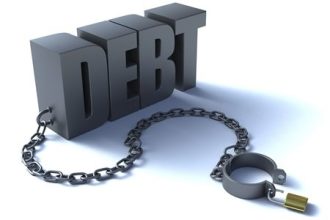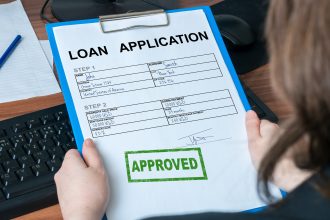The term financial freedom is quite popular nowadays but different people have their own take on what it means. For some, it means a debt-free life, while others would like to be able to take risks without worrying about financial constraints. Numerous fintech platforms can help you take the first step towards financial freedom. You can make the right credit choices, monitor your credit score and credit health at websites like Paisabazaar.com, plan your monthly cashflows with the help of budgeting apps and invest right via popular investment platforms.
Though there are separate platforms for each of your financial need, achieving financial freedom will take a lot more than that. It is a continuous process that requires discipline and commitment. Here we shall talk about the 5 key areas that you need to focus on in order to achieve financial freedom.
- Financial Planning
Just as a map guides you to an unknown destination, a well thought-out financial plan serves as the roadmap leading you to financial freedom. There are many aspects to creating a good financial plan. You would need to assess your income, especially if you have multiple sources, to identify the actual amount of cash inflow every month. This will be followed by planning your expenses- both fixed and variable, and creating a budget based on it. However, financial planning is not just about budgeting. You should also set clear and attainable financial goals. It is a smart move to set smaller goals to begin with, as they are easy to achieve and keep you motivated.
- Emergency Fund
One of the most important parts of financial freedom is to be free of financial worries, in case an unforeseen situation, such as job loss, arises. This is possible only if you have at least 3 to 6 months of your living expenses in an emergency fund. You can start building an emergency fund by putting aside a certain amount of your monthly income. Even if you start small, being disciplined is the key to building an emergency fund. Moreover, the emergency fund should be kept in a liquid form, which is easily accessible in case of emergency. For example, if you think of investing it in a tax saving fixed deposit, it will not be as easily accessible. You would have to opt for premature withdrawal, which may also come with additional cost. Hence, it is always advisable to keep emergency fund handy, such as in a savings account.
- Debt Management
When you have too much debt to handle, achieving financial freedom may seem like a distant dream. This is why a crucial step is to manage your existing debt and, if you need to take up new debts, how to avail it at a lower rate of interest. You can start with paying off high-interest debts like credit cards or personal loans as non-payment or delayed payment will keep adding up and make it more difficult to pay off. If you have multiple debts, debt consolidation could be the right step as it would be easier to manage. Debt consolidation is especially helpful in case of multiple credit card debts as the cost of revolving credit is the highest among all debt products.
- Savings and Investments
Keeping your emergency funds in a savings account could be the right step as it should be liquid and readily available. However, any amount above your emergency fund should be invested smartly. Look for different investment options like mutual funds, stocks or even real estate. In case you do not have a lump sum amount to invest, a Systematic Investment Plan (SIP) could be a smart first step. Once you start investing, you must regularly monitor your earnings and adjust your strategy whenever needed. It is also important to start saving early in life. As you progress in your career, though your income increases, your expenses also do. Building the habit of saving money early in life makes it easier to stay disciplined as you grow.
- Good Financial Habits
Perhaps the most ignored part of achieving financial freedom is practicing good financial habits. You should look for ways to save money by tracking your spending and trying to avoid impulse purchases. You should also review your bank statements regularly as it will give a clearer picture of where you are spending the most and how you can save more. If you are finding it difficult to reach an equilibrium between cash inflow and outflow, you may also practice living below your means for some time, until your financial situation improves.
When you focus on the above 5 key areas, you will gradually move towards the much coveted financial freedom. Having control over your money, you can improve your quality of life and focus on pursuing your passion. Saving and investment will also give long-term financial security and make post-retirement life easier for you.














